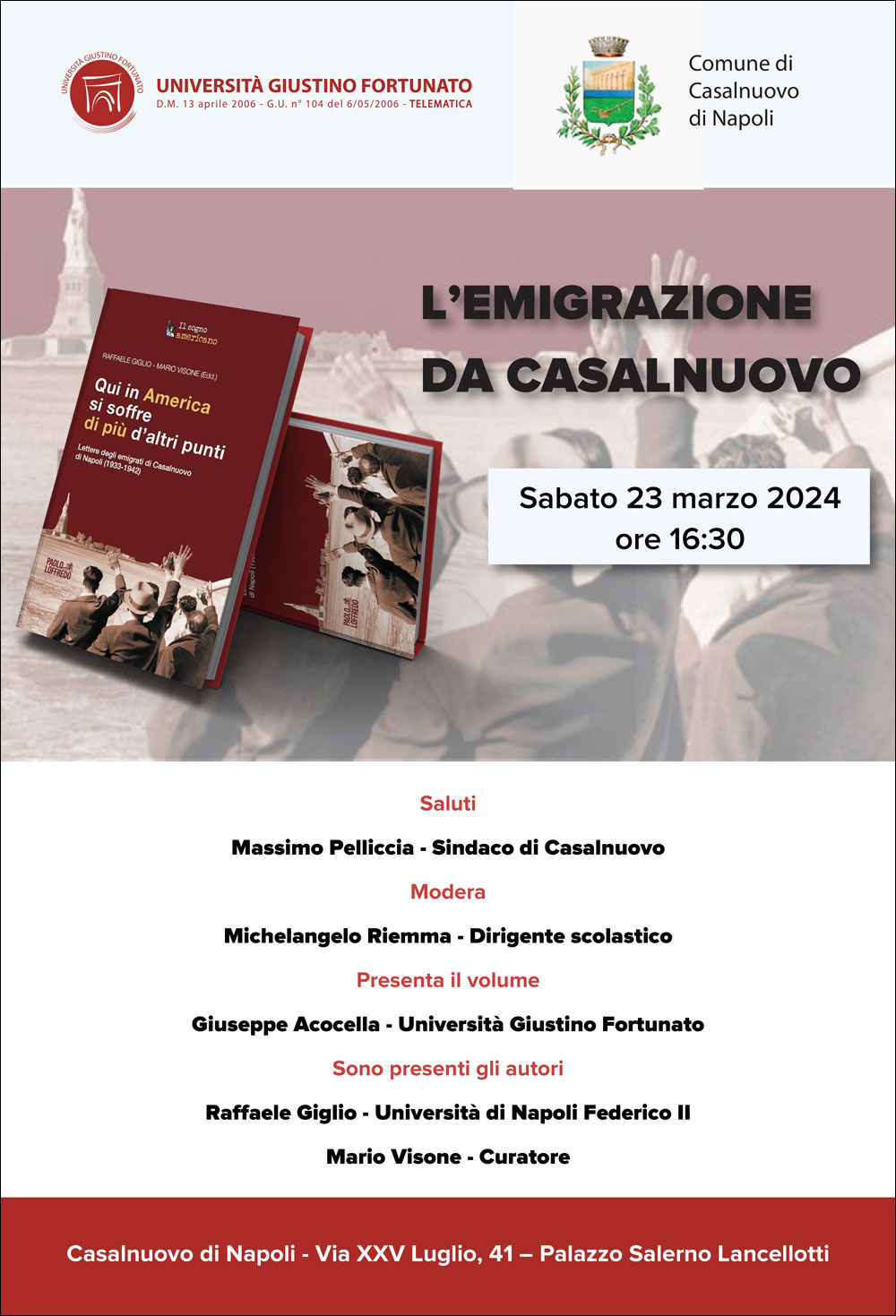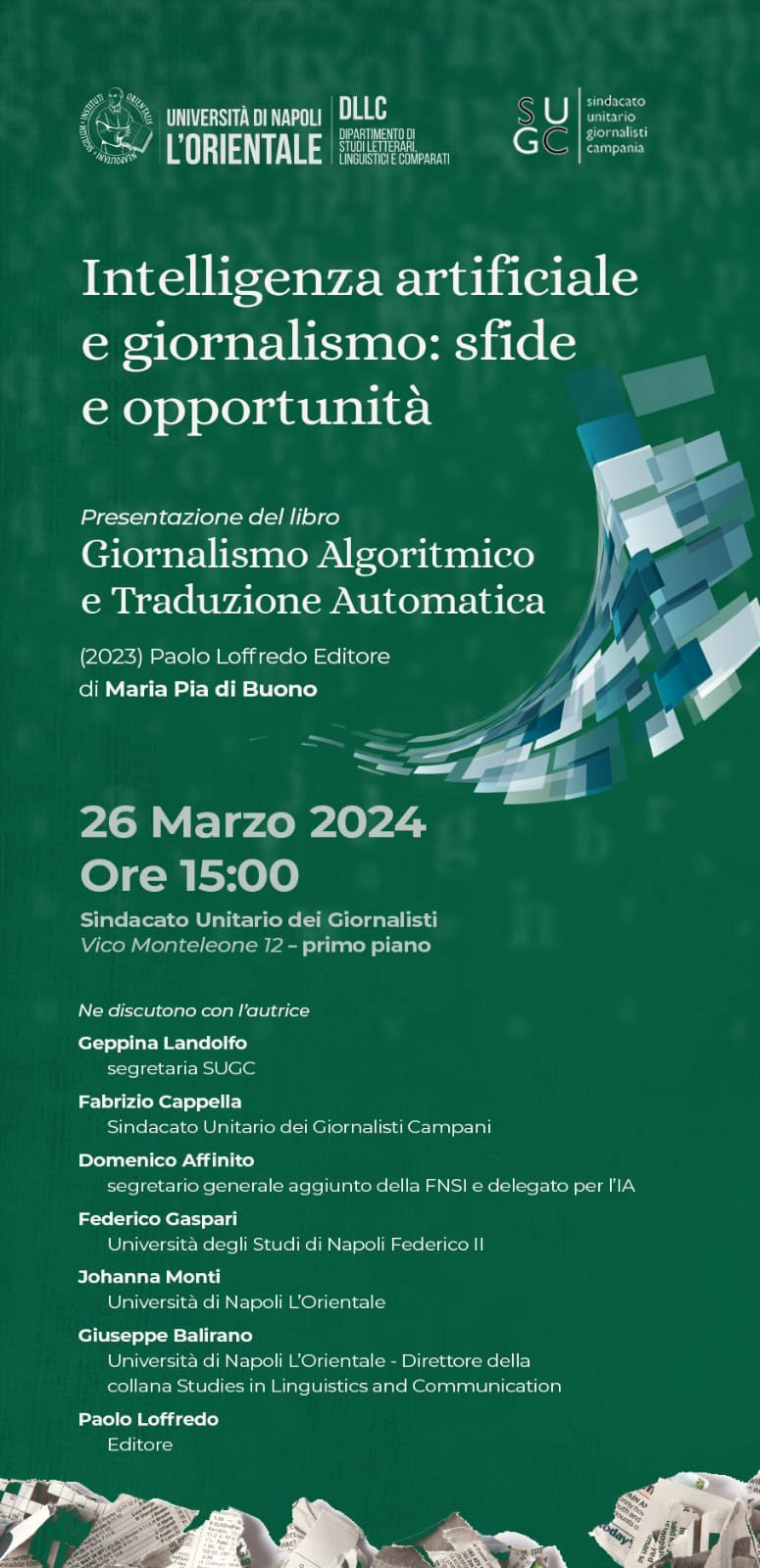 Paolo Loffredo, sixth generation of a large family of publishers and booksellers engaged in the production and distribution of books since the late nineteenth century, creates in 2012 the new editorial company Paolo Loffredo Editore. The historical site was until the '80s in the heart of the historic centre of Naples in Via San Biagio dei Librai, lower Decumano and also known as the SpaccaNapoli.
Paolo Loffredo, sixth generation of a large family of publishers and booksellers engaged in the production and distribution of books since the late nineteenth century, creates in 2012 the new editorial company Paolo Loffredo Editore. The historical site was until the '80s in the heart of the historic centre of Naples in Via San Biagio dei Librai, lower Decumano and also known as the SpaccaNapoli.
At the beginning of the twentieth century, Giuseppe Loffredo decided to add book selling to the book production, which definitively imposed itself after World War II with the publication of manuals for the University and for the School that succeeded in establishing themselves soon throughout Italy.
LAST EVENT
"L'emigrazione da Casalnuovo"
23 Marzo 2024 - Palazzo Salerno Lancellotti Ateneo, via XXV Luglio, 41 - Casalnuovo (NA) - ore 16,30

--------------------------------------------------------------------
"Intelligenza artificiale e giornalismo: sfide e opportunità"
26 Marzo 2024 - Sindacato Unitario dei Giornalisti - vico Monteleone, 12 - primo Piano - Napoli - ore 15,00

Le verità di una cultura
ISSN 2611 - 1489
Language: Italian
Publisher: Paolo Loffredo Editore Srl

Description
Le verità di una cultura
The authors - from Domenico Mauro and other Calabrian romantics, from De Sanctis to Antonio Labriola, from Verga to De Roberto and Pirandello - whose poetic rethoric are studied in this book, are not proper exponents of the “questione meridionale” which is by now forgotten. They are artists and historics of philosophers and their thinking styles move between opposite poles, facing the long-lasting condition of southern Italy through the 19th century.
It is a social and political condition - under the Bourbon domination and in the post-unitary State - characterized by backwardness, closed minds, trasformisms and corruption.
Beyond any idea of alleged delay, those poetics and writings, opposite to the dominant values and turn to a thigh and dignified dialogue with the european country, show a critical view on the society and the politic of that time.
Nowadays the “pensiero meridiano” could look far and distant from the actual sensibility, but it still awakes a serious historical interest and gives us a singly intense lesson. It should not be wasted.













